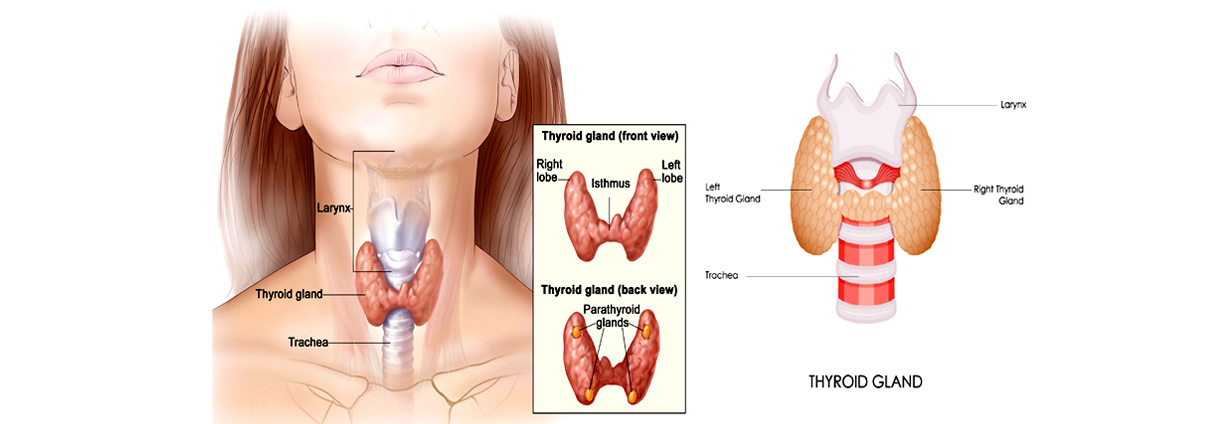
Thyroid surgery, also known as thyroidectomy, is a procedure performed to remove all or part of the thyroid gland, located in the neck. The thyroid is responsible for producing hormones that regulate metabolism, heart rate, and other vital functions. Surgery is typically recommended for conditions such as thyroid cancer, large goiters, hyperthyroidism, or suspicious thyroid nodules that may become cancerous.
Types of Thyroid Surgery
There are several types of thyroid surgeries based on the extent of gland removal. A total thyroidectomy involves removing the entire gland, while a partial thyroidectomy (lobectomy) removes only a portion. Minimally invasive techniques may be used in some cases, reducing recovery time and scarring. The choice of surgery depends on the specific condition being treated, its size, and the presence of cancerous cells.
Recovery and Risks
Recovery from thyroid surgery usually takes about 1 to 2 weeks, during which patients may experience discomfort, sore throat, or voice changes. Most people recover without complications, but potential risks include damage to the parathyroid glands or vocal cords. After total thyroidectomy, patients may require lifelong thyroid hormone replacement therapy to maintain normal metabolic functions. Follow-up care ensures proper healing and hormone balance.